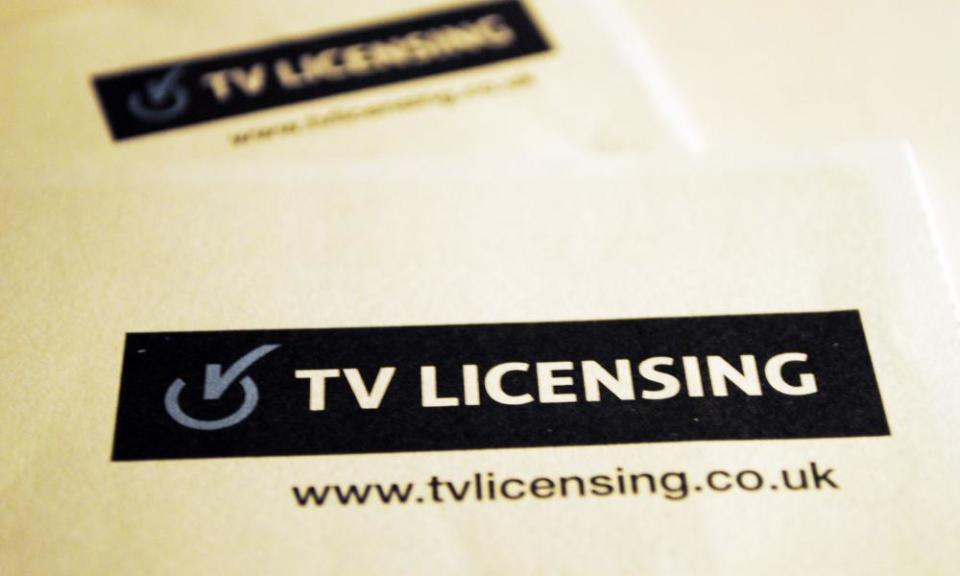TV licence fee could be replaced by broadband levy, says BBC

The BBC has said the television licence fee could ultimately be replaced by a monthly levy on broadband connections, in response to the UK government’s proposals to decriminalise non-payment of the licence fee.
The public broadcaster said it strongly supported keeping the current court-enforced television licence fee system in place for the medium-term. But it is willing to consider following other European countries and implement a funding model “linked directly to an existing common household bill” such as an internet connection, council tax, or electricity supply.
“This would be a significant change for the UK and we are not, at this stage, advocating it,” the corporation said in its submission. “It does however raise an interesting question as to whether the current system could be made much simpler, more efficient and more automated. We are open to exploring this further.”
The consultation on whether to decriminalise non-payment of the licence fee closes on Wednesday, with the BBC warning that the initial cost of creating a new system where non-payment is enforced as a civil debt – similar to a utility bill – would be almost £300m.
It estimates that evasion of the licence fee would almost double to about 10% of households as people realised non-payment was no longer a criminal offence, costing the public service broadcaster £200m a year on an ongoing basis in lost revenue and requiring further substantial cuts to BBC output. Under this proposed system bailiffs could be sent to homes on behalf of the broadcaster to collect payment, while individuals’ credit ratings could be affected.
The former culture secretary Nicky Morgan launched the consultation on decriminalisation two months ago, in the aftermath of a rancorous general election campaign in which the BBC’s news output came under fire from across the political spectrum. At the time, Downing Street was picking a fight with the BBC, stopping ministers from appearing on major political programmes and warning of a forthcoming upheaval and a need to cut the corporation down to size.
The approach has changed substantially since the start of the coronavirus pandemic, with Downing Street making peace with news outlets and the BBC – along with other broadcasters - attracting enormous audiences for its programmes featuring prime ministerial press conferences and providing public health advice.
The corporation argued strongly that the existing criminal sanctions should remain in force until the BBC’s royal charter is renewed in 2027, arguing that – unlike a civil system – magistrates had the flexibility to impose appropriate fines that take into account an individual’s circumstances.
About 130,000 people were prosecuted in 2018 for non-payment of the licence fee, with the substantial majority being women who are more likely to live alone or be at home when enforcement officials knock on doors. Five people in England and Wales were ultimately sent to prison for failing to pay court-ordered fines.
“The BBC is a universal service – one to which everyone contributes and everyone receives something in return,” said the BBC in its argument to maintain the current system. “Any system based on a universal contribution must have a sufficient deterrent and sanction to ensure that principle holds up and the system is fair to those who do pay, as well as those who don’t.”
It also pointed out that the current system indirectly subsidised the court system, through the estimated £28m a year charged in magistrates’ fees to people prosecuted for non-payment.
The BBC is already facing a financial black hole, having suspended this summer’s planned introduction of the licence fee for most over-75s by at least two months, to ensure older viewers do not feel threatened or cut off. Cuts to BBC News staffing levels have also been postponed, while the national lockdown has also led to the suspension of visits to homes by TV licensing officials, meaning evasion is likely to increase as people suspected of watching television without a licence are no longer being chased for payment.
Many individuals in the corporation view the lockdown as a chance to show ministers what a public service broadcaster can do for a country in crisis, especially with commercial media outlets facing a dire outlook due to a collapse in the advertising market.

